Trump says he has ‘no plans’ to withdraw US troops from S. Korea
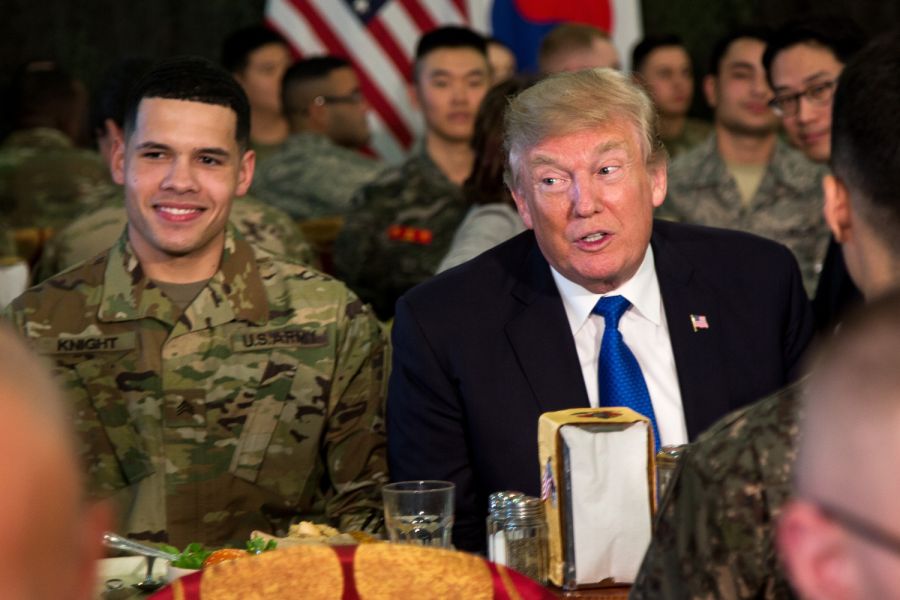
STARS AND STRIPES
Published: February 3, 2019
SEOUL, South Korea — President Donald Trump said in an interview broadcast Sunday that he has “no plans” to withdraw U.S. forces from South Korea as he prepares for another summit with North Korea’s leader.
The president has frequently complained about the expense of maintaining servicemembers on the divided peninsula. Seoul and Washington are involved in a standoff over sharing the $2 billion cost, raising concern the president may use that as an excuse to pull them out.
But Trump told CBS News the issue hasn’t come up.
When asked if he would keep U.S. troops in South Korea, Trump said: “Yeah. I mean we haven’t talked about anything else.”
“Maybe someday. I mean, who knows. But, you know, it’s very expensive to keep troops there. You do know that,” he added in the interview with “Face the Nation.” “We have 40,000 troops in South Korea. It’s very expensive, but I have no plans. I’ve never even discussed removing them.”
It’s not clear why he gave the number 40,000. Some 28,500 U.S. servicemembers are stationed in South Korea, although the military says that number fluctuates due to rotation and other factors.
He also reiterated that plans for a second summit with North Korean leader Kim Jong Un have been set and said he’ll announce the time and place either during his State of the Union address Tuesday “or shortly before.”
The visiting U.S. special envoy for North Korea, Stephen Biegun, discussed preliminary summit plans with the South Korean national security adviser in Seoul on Monday, according to the presidential office.
Biegun was due to meet with his North Korean counterpart Tuesday in the truce village of Panmunjom, which straddles the heavily fortified border, South Korean media have reported.
The two countries, however, have disagreed in recent months over the troop-funding issue as well as the approach to nuclear talks with North Korea.
A five-year burden-sharing contract expired on Dec. 31 after negotiations stalled over Trump’s demand for the South to reportedly double its contribution.
Seoul paid about $850 million last year to offset the cost of the daily upkeep of U.S. forces, including salaries of South Korean workers who provide support and construction costs.
U.S. Forces Korea said in its Strategic Digest that was about 41 percent of the cost.
The South also paid the bulk of the more than $11 billion price tag for expanding Camp Humphreys as part of a long-delayed plan to relocate most Americans south of Seoul.
Officials from both sides say talks are ongoing and the issue has not affected operations, although USFK has warned it will need to furlough South Korean employees beginning in mid-April if a deal isn’t reached.
Nuclear negotiations also have been stalled since Trump met with Kim on June 12 in Singapore. The leaders agreed to the general principle of denuclearizing the Korean Peninsula but not the details about how to do so.
In the past, Pyongyang has demanded the removal of the U.S. nuclear threat including the troops. South Korean President Moon Jae-in, who has acted as a mediator between the rivals, has said Kim understood that troop numbers weren’t on the table.
But Trump, who is known for his unpredictable leadership style, agreed after the last summit to suspend joint military exercises with South Korea in a concession to the North, which considers the annual drills a rehearsal for an invasion.
Reflecting concern, a bipartisan group of lawmakers introduced a bill in the House last week that would restrict funds for the Pentagon to reduce the number of troops in South Korea below 22,000, unless the defense secretary certifies that it could be done without any adverse effects on national security or the defense of South Korea.
The U.S. has insisted it will maintain economic sanctions against the North until “final, fully verified denuclearization” is achieved. North Korea wants a reciprocal approach in which it is rewarded for steps already taken, including the suspension of nuclear and missile tests.
Meanwhile, satellite images and intelligence assessments have shown that the communist state continues its weapons program.
Director of National Intelligence Dan Coats also told a Senate committee that Kim will seek to retain his nuclear weapons and production capabilities because he views them as critical to regime survival.
Trump insisted progress has been made, citing the release of Americans who had been detained in the North and the return of the remains of soldiers killed in the war.
“There’s a good possibility of that, too,” he said when asked about the comments from Coats. “But there’s also a very good chance that we will make a deal.”
- Previous Profiteering at all cost?! U.S. Senator Sanders asks why drug, once free, now costs $375k
- Next Afghanistan’s Black Hawk program is short of pilots to fly them




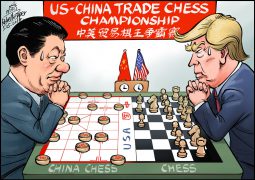
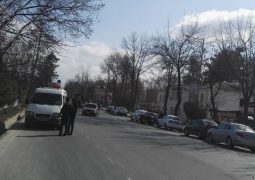
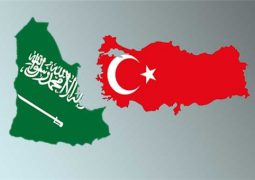
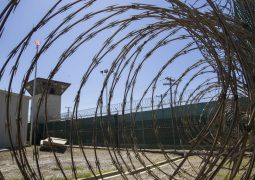
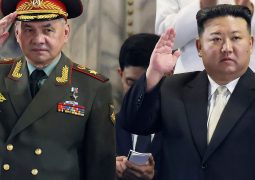

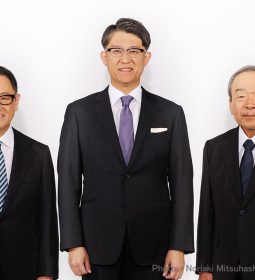
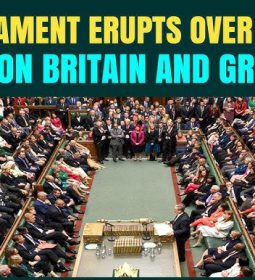
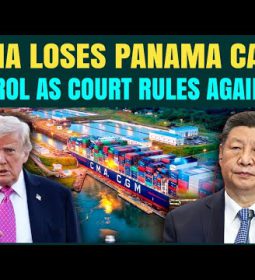
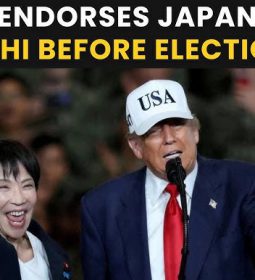



By Kim Gamel